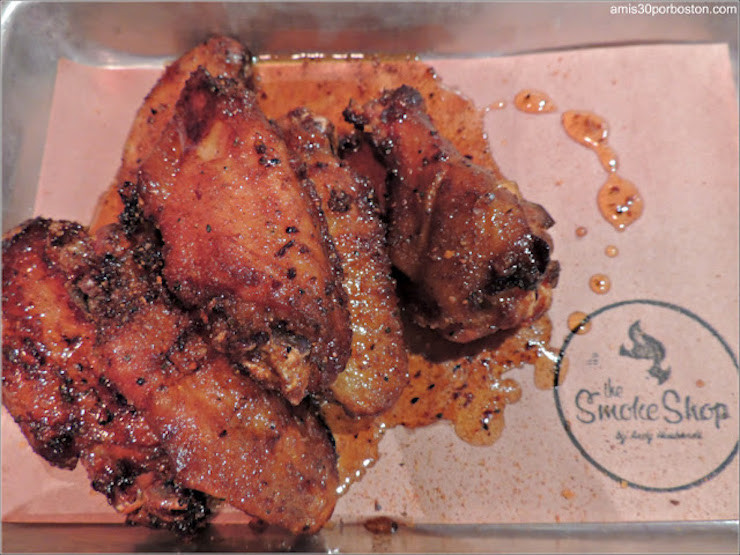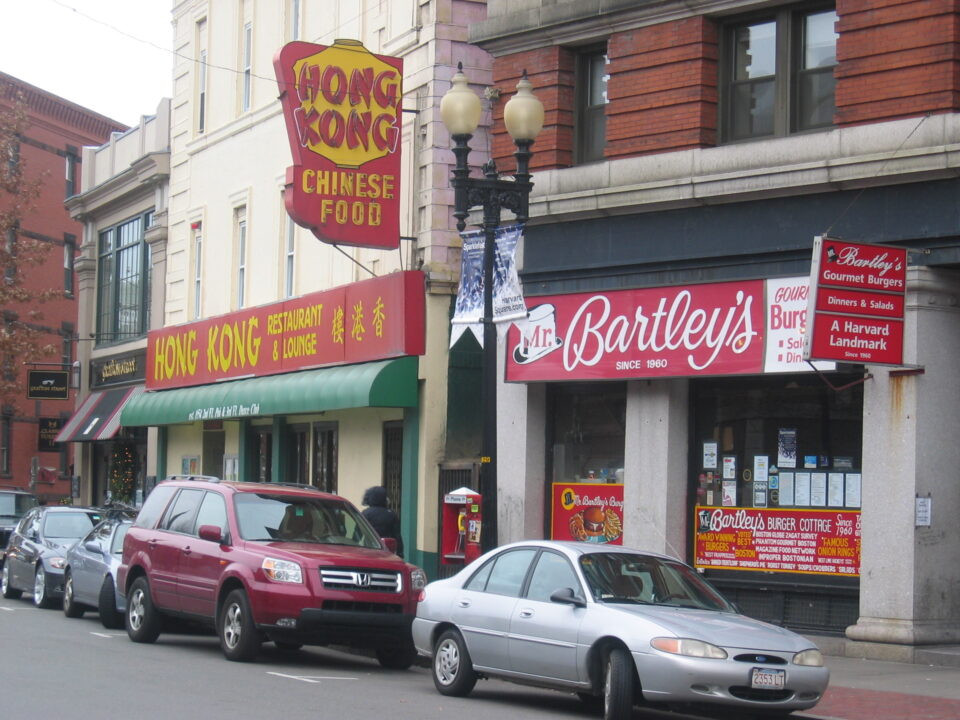The journey from wide-eyed idealism to corporate pragmatism is a well-trodden path, but nowhere is this transformation perhaps more starkly illuminated than within the hallowed halls of law schools. It’s a disconcerting paradox: the very individuals who articulate a fervent desire to “help people” in their law school applications often find themselves, just a few years later, employed by firms vigorously defending entities accused of causing harm. While the allure of financial compensation undoubtedly plays a role, the phenomenon of top law schools like Harvard inadvertently channeling students towards corporate defense runs far deeper than simple economics. Big law firms begin cultivating relationships with aspiring lawyers from their very first steps onto campus, effectively shaping their career trajectories from the outset.
At Harvard Law School, the pervasive influence of big law is palpable. Lecture halls bear the names of prominent firms like Mayer Brown and Vinson & Elkins, a constant reminder of corporate sponsorship woven into the very fabric of the academic environment. Law firms frequently host on-campus lunches, presenting networking opportunities and insights into their practices. These events, whether in-person or virtual, are often accompanied by enticing perks. Gift cards for food delivery services like GrubHub or UberEats are common incentives for attendance, sometimes even bestowed upon those who RSVP but fail to show up.
 Wings from SmokeShop Barbecue, a popular caterer for free lunches on campus
Wings from SmokeShop Barbecue, a popular caterer for free lunches on campus
These sponsored lunches extend beyond firm-specific events. Student organizations, often themselves funded by big law, regularly provide free meals. Announcements of “free lunch events” hosted by groups like the “Texas Club” (a nod to Texas being a major hub for big law) circulate widely. Students, regardless of their actual ties to Texas, flock to these gatherings, drawn by the promise of complimentary barbecue platters from local favorites like Smokeshop BBQ. The firms understand the equation: invest in students’ stomachs, and subtly invest in their career considerations. The accessibility of free food, often high-quality and catered, creates a constant positive association with these firms. This early and consistent exposure normalizes the idea of big law as a desirable and accessible career path for a future Harvard Lawyer.
Even informal social interactions are subtly influenced. An anecdote shared by a student illustrates this point: an upperclassman, eager to network, offered to treat underclassmen to dinner at a restaurant of their choice, all expenses paid by the firm he represented. This pervasive presence subtly but effectively normalizes the idea of big law as the default, and most generously funded, career option for a Harvard lawyer.
Harvard Immigration Project (HIP), a student group dedicated to pro bono work for immigrants, also found itself navigating this landscape. Even within a public interest-focused organization, big law firms sought to establish a presence. A “mandatory” free lunch event was organized, featuring representatives from big law firms. The message was clear: students could pursue a big law career and still engage in pro bono work, effectively suggesting a way to reconcile lucrative corporate practice with a desire to contribute to the public good. The emphasis on mandatory attendance, framed as “supporting ongoing fundraising efforts,” highlighted the financial realities – even public interest initiatives at Harvard Law rely, at least in part, on funding streams that can indirectly link back to big law. The irony was not lost on students who struggled to find time for actual pro bono client meetings amidst the pressure to attend firm-sponsored networking events.
The networking opportunities extend beyond campus and into the social sphere. Bar review, a weekly social event organized by Harvard Law Central (HLC), a student-run organization, is a cornerstone of the Harvard Law School experience. These events, typically held at bars in Cambridge or Boston, are heavily sponsored by big law firms. Free drinks, food, and even branded t-shirts emblazoned with firm logos are commonplace. The logos serve as walking advertisements, turning students into mobile billboards for corporate law. Firms like Morgan Lewis, Paul Weiss, Simpson Thacher, and many others vie for prominence on these shirts, and by extension, in the minds of Harvard Law students. Even Mayer Brown, known for sponsoring classrooms, extends its reach to social activities, further solidifying its brand presence within the student community.
 Harvard Square, featuring Hong Kong and Grafton Street (to Hong Kong’s left), two venues for bar reviews and other social and networking events for Harvard Law students
Harvard Square, featuring Hong Kong and Grafton Street (to Hong Kong’s left), two venues for bar reviews and other social and networking events for Harvard Law students
Student-run journals, another integral part of the Harvard Law experience, are also not immune to the subtle influence of corporate funding. While journals like the Harvard Environmental Law Review and the Harvard Human Rights Journal focus on public interest areas, others, particularly those with a business focus, attract more corporate sponsorship. The disparity in resources becomes evident during events like “subcites,” where students fact-check and format articles. Business-oriented journals often boast lavish spreads of catered breakfast buffets, while public interest journals may offer little more than basic bagels. This tangible difference subtly reinforces the perception of which legal fields are more valued and, perhaps more importantly, more financially supported by the legal industry at large. For a budding Harvard lawyer, this disparity can be a silent yet powerful nudge.
The culmination of the first-year Legal Research and Writing course – the mock oral argument – is another event seamlessly integrated with big law networking. The post-argument reception, complete with hors d’oeuvres and an open bar, often transforms into a networking mixer with a prominent law firm. Students are directly immersed in conversations with practicing lawyers, and are provided with firm merchandise as mementos of the event. The Wilke water bottles, bearing a firm’s logo, become daily reminders of the big law presence that permeated even their academic milestones.
The classrooms, meals, social events, and extracurricular activities of a Harvard lawyer in training are, to a significant extent, underwritten by big law firms. This constant exposure doesn’t inherently dictate career choices, but it undeniably shapes perceptions and normalizes big law as the expected, and often most aggressively marketed, career path. While students retain the freedom to pursue public interest law, the sheer volume and consistent messaging from big law create a powerful undercurrent. The firms aren’t explicitly “buying” students, but they are strategically investing in their attention, their time, and their aspirations. The question remains: why are these firms so willing to pour vast sums of money into cultivating relationships with Harvard Law students? The answer, likely, lies in the long-term recruitment pipeline and the subtle shaping of career ambitions.
This phenomenon isn’t unique to the legal field. The medical industry offers a striking parallel. As Patrick Radden Keefe highlights in “Empire of Pain,” pharmaceutical companies lavish attention and resources on doctors, recognizing their pivotal role in influencing prescription choices. Free stethoscopes, textbooks, sponsored golf tournaments – these are just some of the tactics employed to cultivate relationships. Studies reveal that even modest meals provided by pharmaceutical companies can statistically influence doctors’ prescribing habits, leading them to favor brand-name drugs. The underlying principle is the same: subtle, consistent exposure and seemingly innocuous gestures can have a measurable impact on professional behavior.
The crucial question is whether this holds true for aspiring lawyers. If a sub-$20 meal can sway a medical professional’s prescribing decisions, can countless free meals, drinks, and networking events influence a Harvard lawyer’s career trajectory? While a direct, analogous study on law students is challenging due to the pervasive nature of firm funding, the statistics speak volumes. Research indicates a significant shift in career aspirations during law school. A substantial percentage of incoming law students express an interest in public interest law, yet only a small fraction ultimately pursue public interest jobs upon graduation. The gap between initial aspirations and final career choices is, arguably, filled by the cumulative effect of big law’s pervasive presence and financial incentives. The allure of corporate law, subtly cultivated over three years of law school, often overshadows the initial idealism that motivated many students to pursue law in the first place.
While working for a big law firm doesn’t automatically equate to morally compromised work, it does raise ethical considerations. Much of the day-to-day work in big law – contract disputes, corporate compliance – may be considered “amoral.” However, the firms also represent clients engaged in activities that directly contradict the “helping people” ethos that many law students initially espouse. These are the cases and clients that the idealistic law school applicant likely never envisioned representing.
The justification often offered by big law partners, even those who have engaged in pro bono environmental justice cases, is that “you’re just a lawyer.” The lawyer’s role, in this view, is to zealously represent their client, regardless of personal moral alignment. The emphasis is placed on legal procedure and client advocacy, often divorced from broader ethical considerations. “Uncertainty is the friend of the defense council,” one partner noted, highlighting the strategic advantage of ambiguity and the lawyer’s role in exploiting it. This perspective normalizes the defense of even morally questionable clients as simply “part of the system.”
However, this “just a lawyer” justification raises profound ethical dilemmas. While zealous client advocacy is a cornerstone of the legal profession, the question remains: where is the ethical red line? How much moral compromise is acceptable in the pursuit of a lucrative legal career? When do the cumulative effects of free lunches and networking events subtly erode the initial idealism that drove many to become a Harvard lawyer?
 Lawyer with the Scales of Justice
Lawyer with the Scales of Justice
Even Harvard Law graduates entering big law grapple with these questions. One recent graduate acknowledged the existence of a “red line” but admitted uncertainty about its precise location. The slippery slope from idealistic law school applicant to corporate defender is paved with subtle compromises and normalized ethical ambiguities. The constant exposure to big law, the financial incentives, and the “just a lawyer” mentality can gradually shift one’s moral compass.
If the ethical red line is unclear, and the allure of corporate law is ever-present, how many free lunches, how many free margaritas, how many branded t-shirts, and how many salary raises will it take to incrementally move that red line? At what point does the initial desire to “help people,” once a driving force, fade into a distant memory, replaced by the pragmatic realities of corporate defense? The Harvard lawyer, once an aspiring idealist, faces a constant negotiation between personal values and the pervasive influence of big law, a negotiation that begins long before graduation day.
